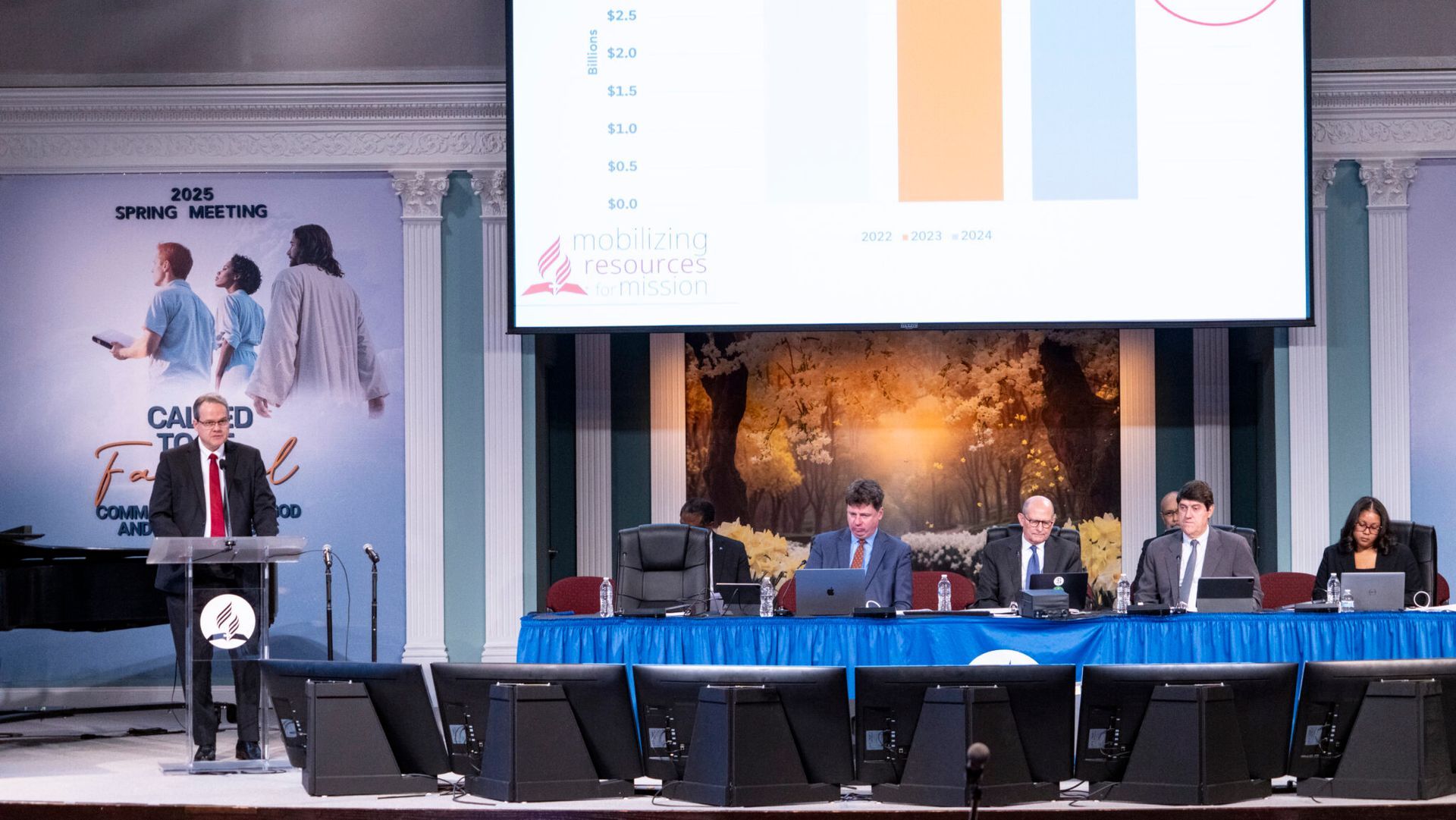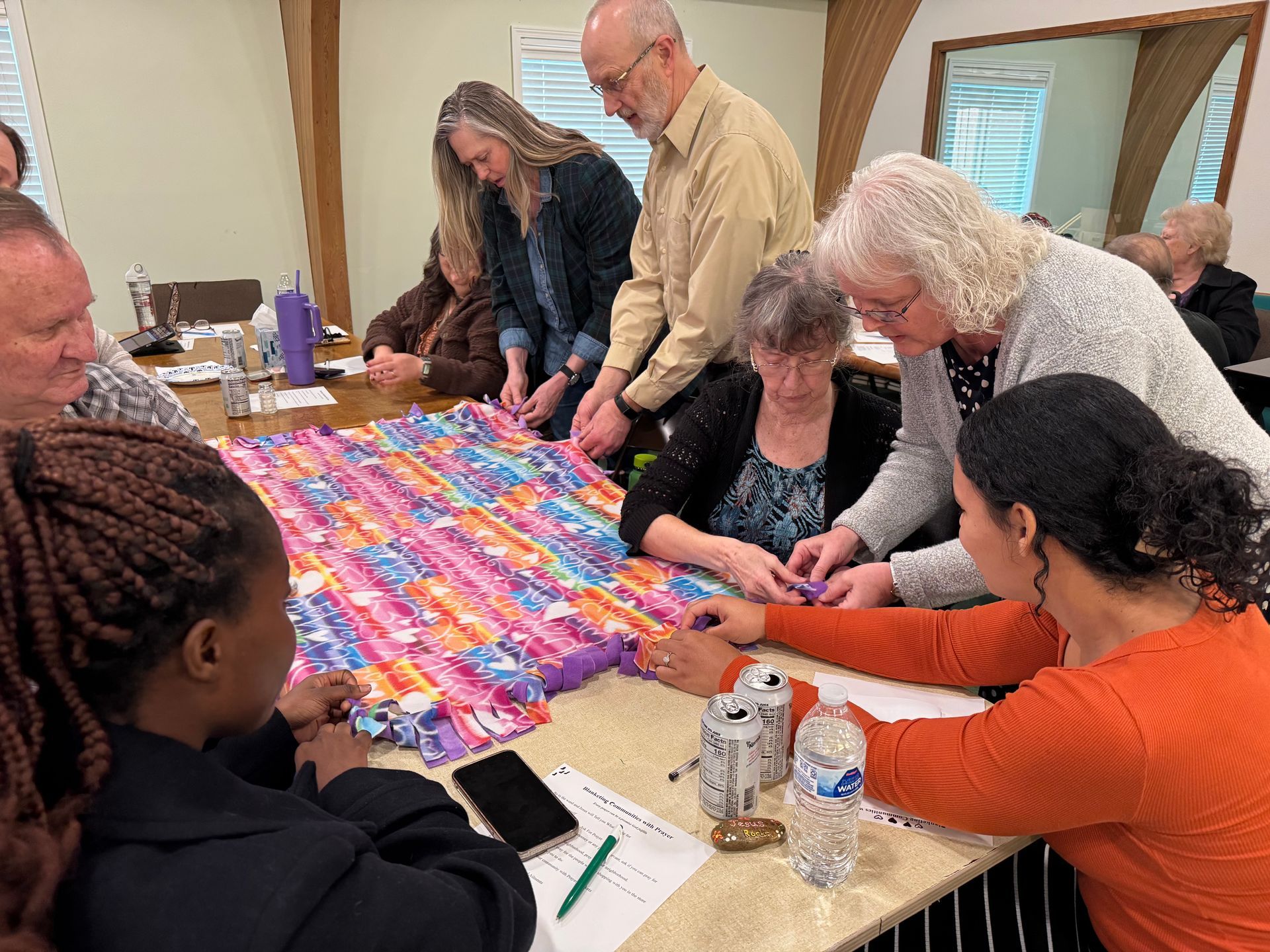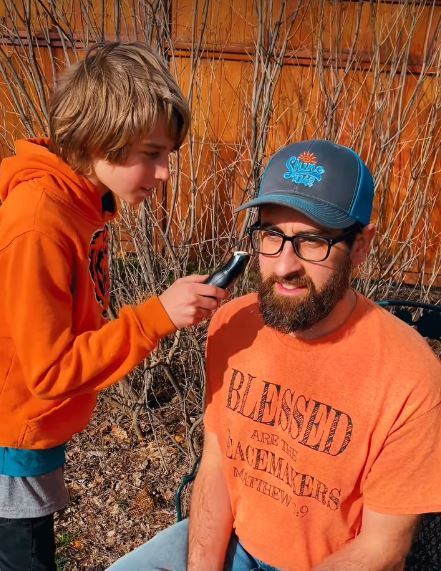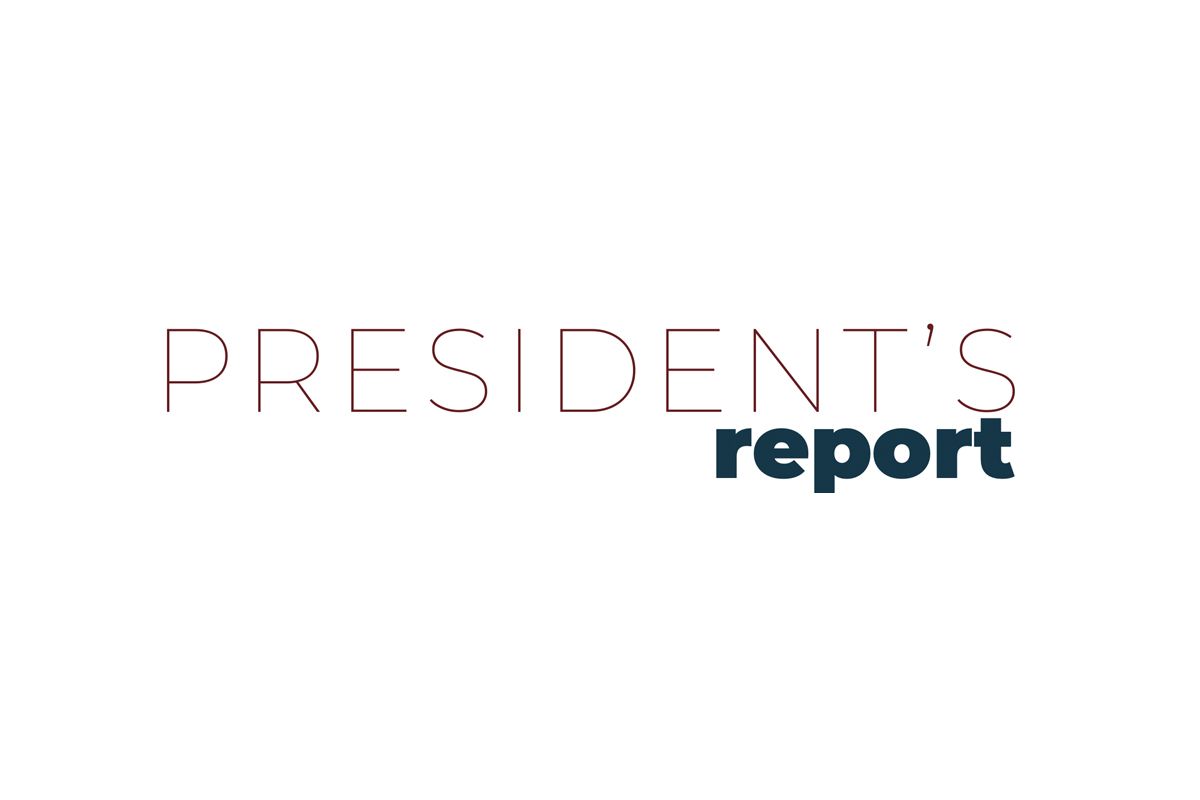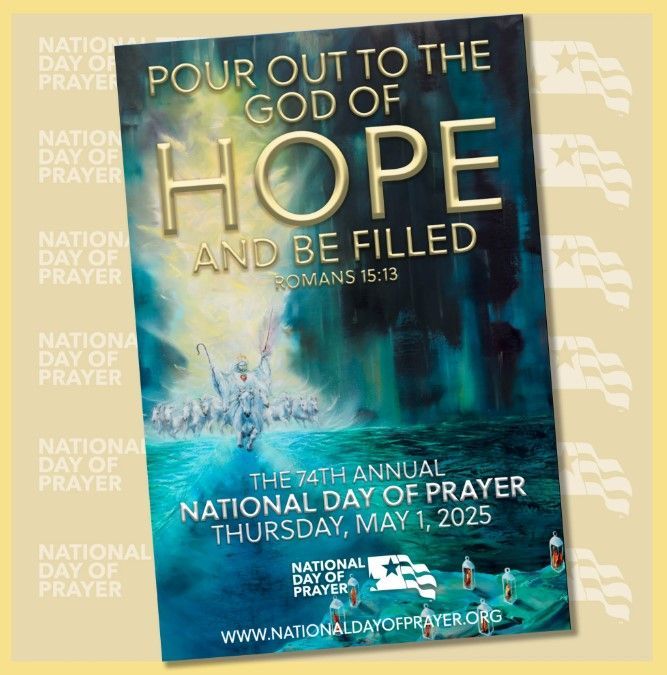'tis the Season…for Sugar?
The average American consumes 17 teaspoons of sugar every day.
By Cindy Williams, RN
Director, Health Ministries
“‘tis the season”. Have you ever thought about the season between Halloween and Valentine’s Day? Maybe I’m the only one who calls it a season. I’m still trying to figure out a good name for it. It is characterized by a series of holidays which feature abundant desserts and treats, along with rich comfort foods and social gatherings. It is also when many of us are struck by cold and flu viruses. Is there a connection between these two things?
Experts worldwide consistently urge that people limit their daily sugar intake. The American Heart Association (AHA) recommends no more than six teaspoons (25 grams) of added sugar per day for women and nine teaspoons (38 grams) for men. The AHA limits for children range from three to six teaspoons per day depending on their size. The average American consumes 17 teaspoons of sugar every day. That’s about 57 pounds of added sugar each year.
Sugar is pervasive in our processed food. Yogurt can contain 7 teaspoons in a single serving. One tablespoon of ketchup has a teaspoon of added sugar. Nearly every packaged food product has some kind of sugar in it. Manufacturers use more than 50 names on food labels for sugars used. It’s almost impossible to keep track of all of them. Sugar makes products taste better and research has shown that it has addictive qualities – making us crave more and feel bad when we don’t have any. That’s great for sales but not good for our body. And that is just food. Sugar-sweetened beverages are consumed at an alarming rate in our country. In 2018 more than half of U.S. respondents of an international survey said that they consume soft drinks several times a week. Per capita consumption of soft drinks was 38.87 gallons in the same year. One 12-ounce soda contains as many as 11 teaspoons of added sugar.
Research has shown that sugar can have a powerful negative effect on the functioning of our immune system. One study, published in 1973, had subjects fast overnight and then consume measured portions of simple carbohydrates such as honey, orange juice, glucose and fructose. They then drew venous blood at intervals of up to five hours after the feeding. The blood samples were incubated with a suspension of Staphylococcus epidermidis. The capacity of neutrophils to engulf bacteria was significantly decreased with all of the sugars. The greatest effects were seen between one and two hours after feeding but remained significantly below the control values five hours after the feeding. This amount is roughly the equivalent of two cans of soda. In plain English this means that sugar negatively affects the way your white blood cells attack bacteria for at least five hours. Exposure to pathogens during that window of time could lead to increased infection rates.
Other studies have shown that sugar triggers low grade inflammation in our bodies. This inflammation itself can impact our immune system.
What about COVID-19? I believe that we can assume that sugar does have an impact on our body’s ability to fight SARS-CoV2. Our immune system needs every advantage it can get to protect us. Let’s really stop and think before we indulge in the season’s treats. Choose something that is really worth it to you and enjoy a small amount occasionally.
References
https://academic.oup.com/ajcn/article-abstract/26/11/1180/4732762
https://www.huffpost.com/entry/sugar-weaken-immune-system_l_5e74ca2cc5b6f5b7c542a3be
https://www.health.harvard.edu/heart-health/the-sweet-danger-of-sugar
https://www.cnet.com/health/sugar-can-lower-your-immune-system/
https://pubmed.ncbi.nlm.nih.gov/29727694/
https://www.statista.com/statistics/306836/us-per-capita-consumption-of-soft-drinks/
This article is part of a continuing series of health during these COVID times. For other articles, please see www.uccsda.org/healthministries.
Photo by Joanna Kosinska on Unsplash




